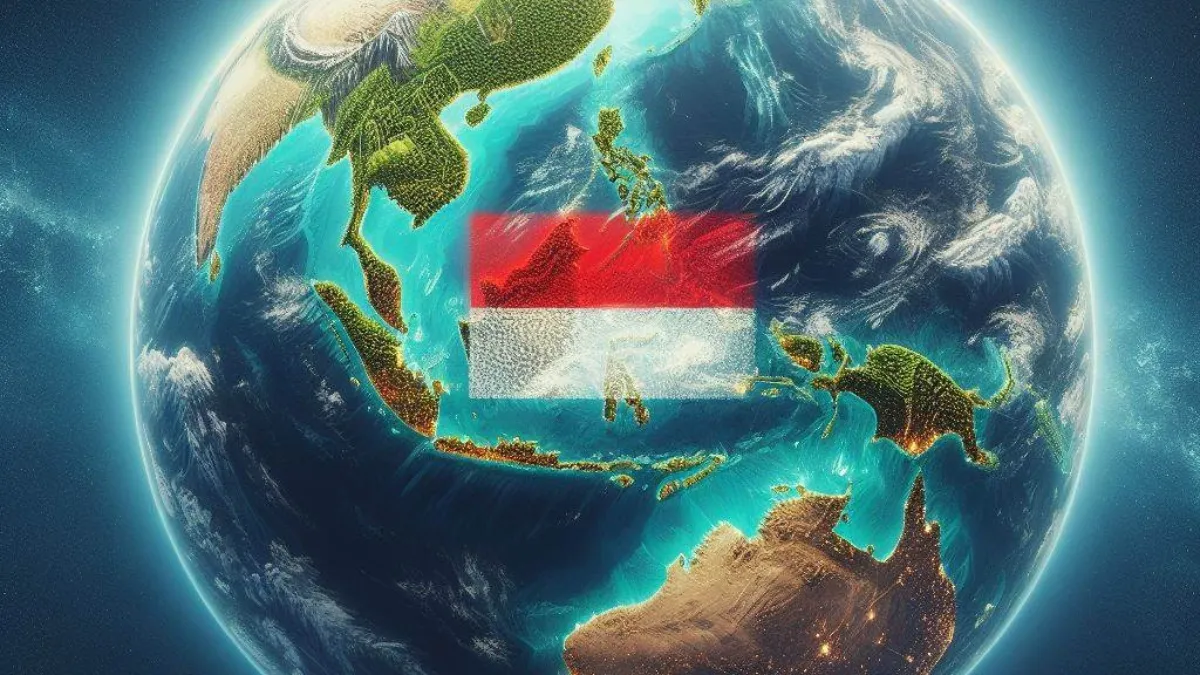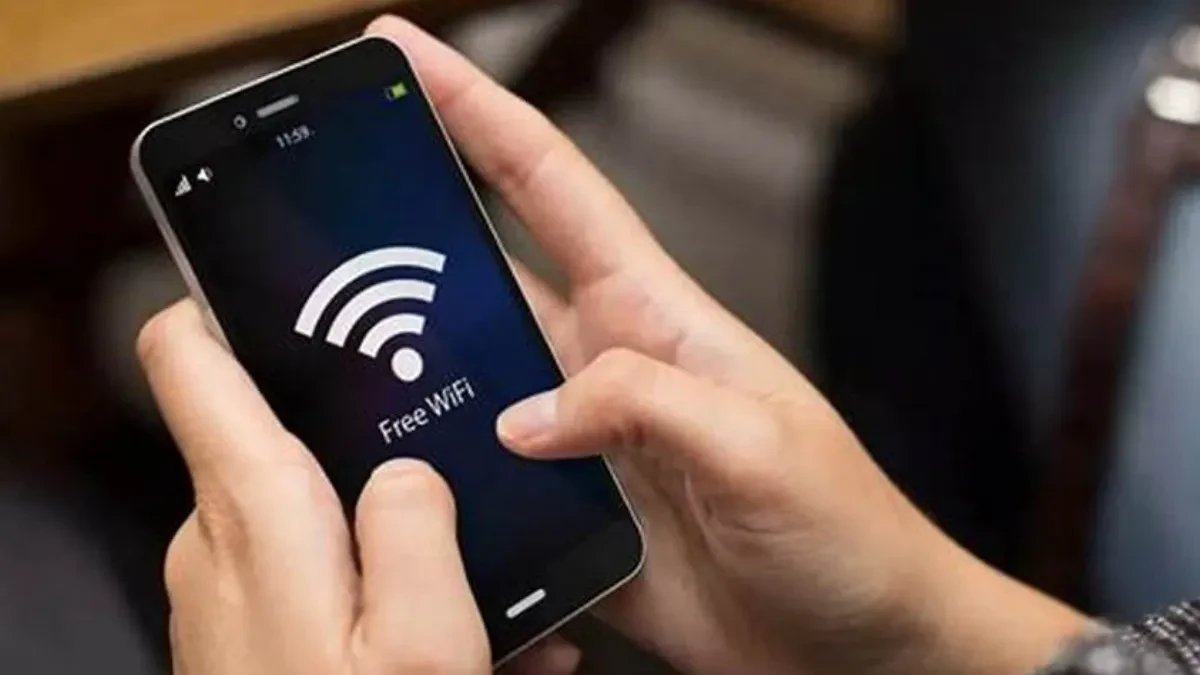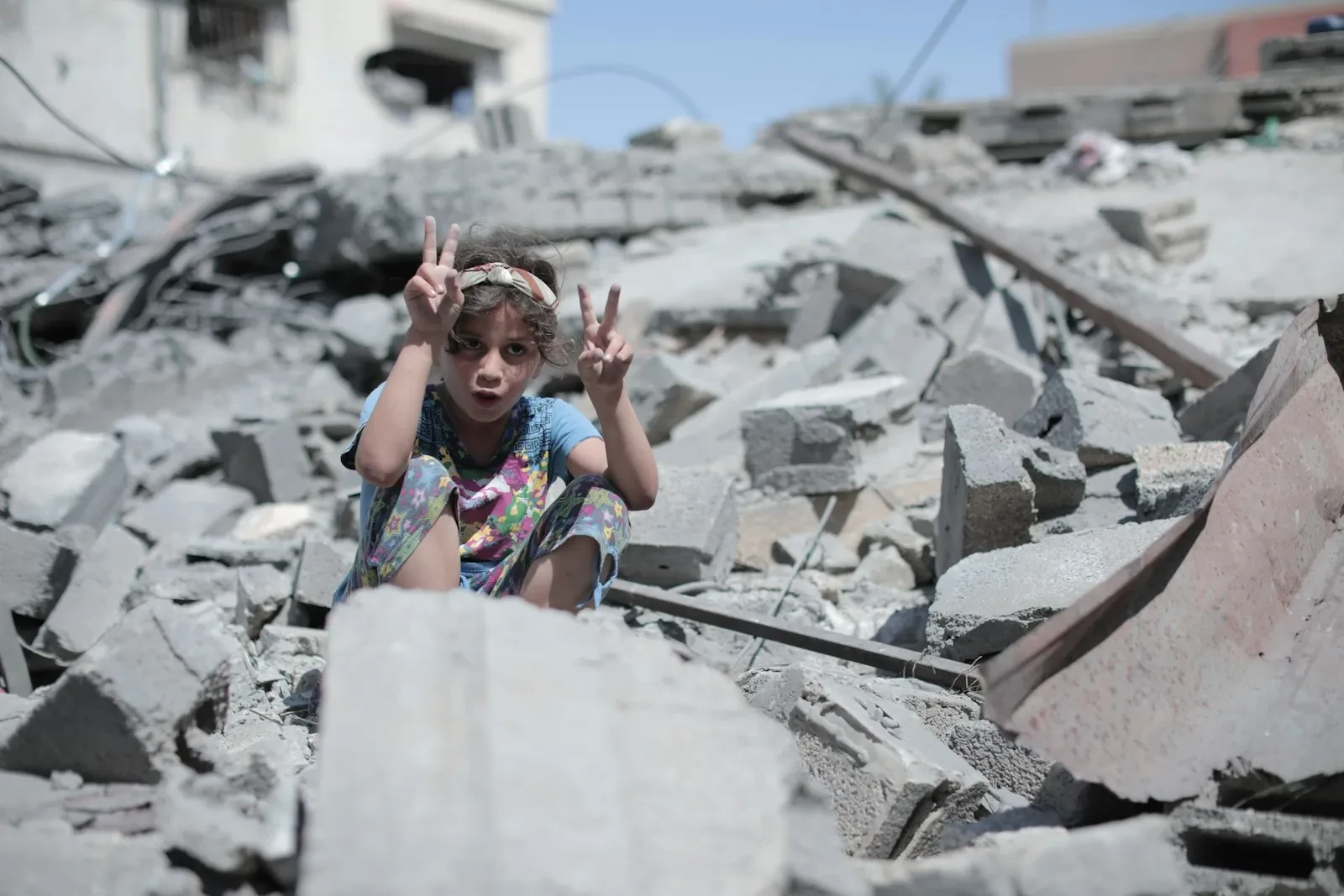jlk – When rain falls or the electricity goes out, we often encounter problems with our cell phone signals.
These disruptions not only interfere with communication but can also affect daily activities that rely on cellular connectivity.
But why does this happen and are there any solutions? Let’s explore further.
Causes of Signal Interruptions
According to Alfons Tanujaya, a technology and cybersecurity expert, there are several factors that cause the loss of cell phone signals during rain or power outages.
The main factor is weather impact, such as raindrops, lightning, or thick clouds, which can disrupt the flow of electricity from Base Transceiver Station (BTS) towers to mobile devices.
Although these disruptions are generally not significant, the risk of lightning strikes when using a phone outdoors is a more serious issue that needs attention.
Solutions from Cellular Providers
To address this issue, cellular providers actually have several technical solutions.
One of them is the use of Uninterruptible Power Supply (UPS), which is a device capable of storing electrical power and ensuring that cellular towers remain operational even during power outages.
Furthermore, installing generators on BTS towers is another effective alternative.
Steps Users Can Take
As users, we can also take steps to reduce the impact of signal disruptions.
One of them is using two different cellular providers.
By having two different providers, if one service experiences issues, we still have another alternative to stay connected.
Furthermore, utilizing WiFi connections when cellular signals are unstable can also be an effective temporary solution.
Overcoming Signal Interruptions
Cellular signal disruptions during rain or power outages are indeed a challenge that needs to be addressed.
Although the causes can be identified and solutions can be implemented, there are still some technical and environmental obstacles to overcome.
However, with a better understanding of the causes and solutions to signal disruptions, as well as the adoption of preventive measures by users, we can be better prepared to face such situations.
Therefore, it is important for us to stay connected and communicative, regardless of weather or conditions.
With cooperation between service providers and end users, it is hoped that cellular signal disruptions can be minimized, allowing us to stay connected smoothly even amidst less than ideal environmental conditions.













